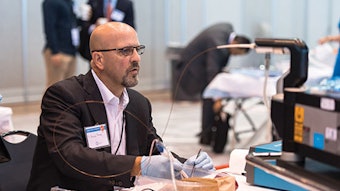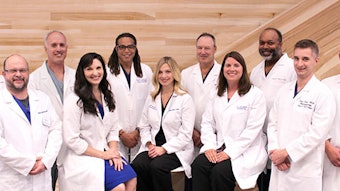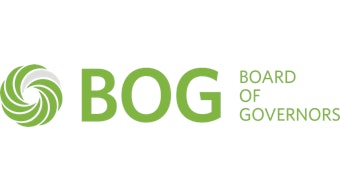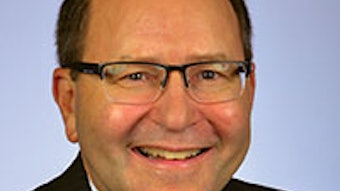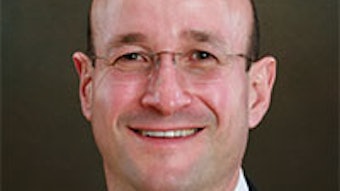Private practice otolaryngology 2018
Much has been written by social media commentators and bloggers who harken the demise of private practice otolaryngology at a rapidly increasing rate.
Eugene G. Brown III MD, President
Craig Kilgore, CMPE, CEO
Charleston ENT & Allergy
Charleston, SC

The Essence
My small office sits in an unassuming building in the middle of town. Every patient is someone’s uncle, cousin, co-worker, or friend. We sponsor the neighborhood swim team, the high school band, and the local scout troop. Most patients are greeted with a hug or a fist bump. We see a wide variety of patients and problems. We reassure and counsel a lot of anxious parents and spouses. There are daily laughs, jokes, and tears. Medical patients, surgical patients, allergy patients—diversity is the rule.
It is an honor and a privilege to serve the community in which you live. This is the essence of private practice.
In this article we will provide a glimpse into the private practice environment. We will outline in detail why private practice remains strong, and how we are positioned for the challenges that tomorrow will inevitably bring.
The Strength of Private Practice
As the business of medicine has become more challenging, private practices have remained nimble and adaptive. We have invested in people and systems to build infrastructure strong enough to allow us to be competitive. Consolidation of private practice groups has fortified smaller groups and grown larger practices while increasing efficiencies for both. Our staffers are savvy and experts in one field, and this allows for excellence in administration.
We have responded to the shrinking supply of generalists by incorporating subspecialists and mid-level providers into our groups. This has allowed us to grow revenues further as we provide more comprehensive care. Quality of care is prioritized, and our patients enjoy our accessible offices.
Perhaps our main advantage is autonomy. We hire, we fire, and we don’t deal with beaucratic oversight of even the smallest detail. If we want to make a change in policy, then we vote and it is done—no bureaucracy, no committee.
Being in a private practice rekindles entrepreneurial strengths and interests. We incorporate services like allergy, CT, and hearing aids, which are complementary to ENT without crossing departmental lines or getting approval from a huge legal department. Private practices offer same-day services that improve efficiency, reduce costs and lead to greater patient service and satisfaction. Every day we search for the most innovative way to deliver care with value in mind. In exchange for successfully meeting the challenge, private practices can offer considerable financial rewards and professional fulfillment.
The Future
There is room for all in this specialty we love. While others may choose hospital employment or an academic role, we believe that private practice will remain the grassroots foundation of ENT.
Our predictions? Site-neutral payments will soon be enacted, and this will catalyze the movement of otolaryngologists from hospital-based employment and into private practices. Value-based incentives will buoy profitability for lower cost and non-hospital affiliated private practices. A playing field that has been challenging will become more level for private practice.
A comment about the future would be less than complete without recognizing the impact of Reg-entSM, the ENT clinical data registry. While a comprehensive discussion is far beyond the scope of this article, we do feel that Reg-ent will help sustain independent groups and have far-reaching and positive impacts on the entire specialty as we move forward.
Conclusion
Private practice otolaryngology is alive and strong. Our practices are sophisticated, and we are prepared to respond quickly to the ever-changing market. Our call to action is to get out of our comfort zone and to engage more in specialty-specific issues. Private practice needs more seats at the table to add flavor and diversity to leadership and direction to initiatives. Collectively, otolaryngologists have fought hard to achieve gains in shared markets and in the face of increasing competition and workforce challenges; only our strength together will best position otolaryngology for future success.



